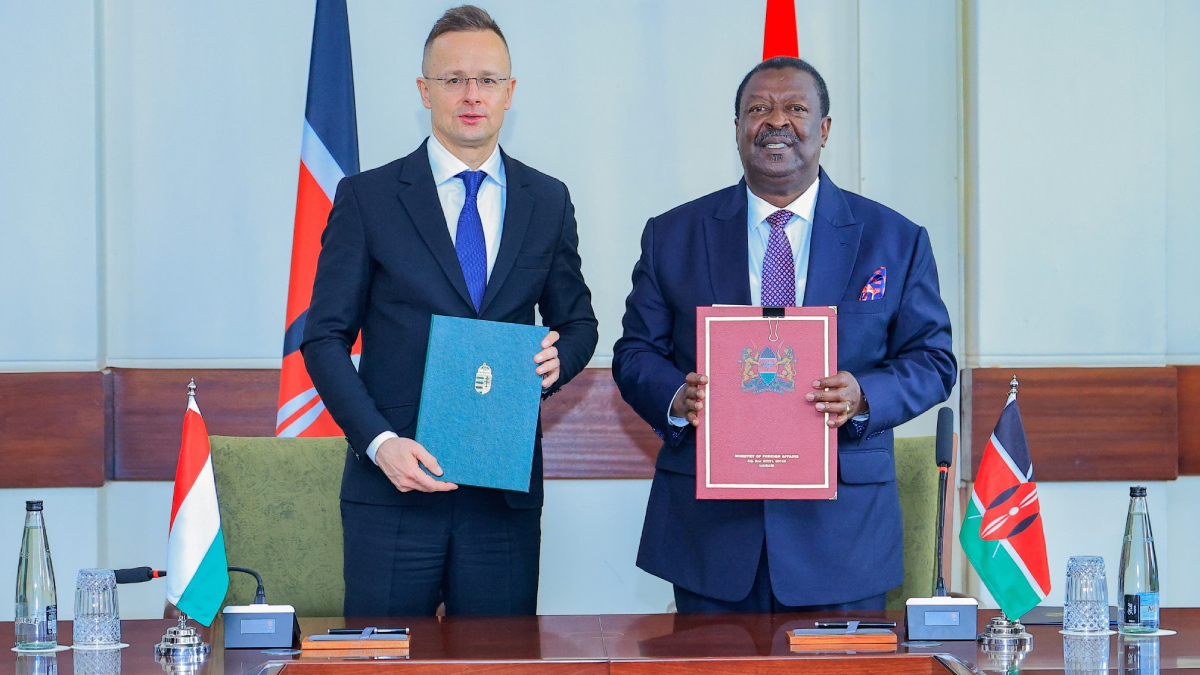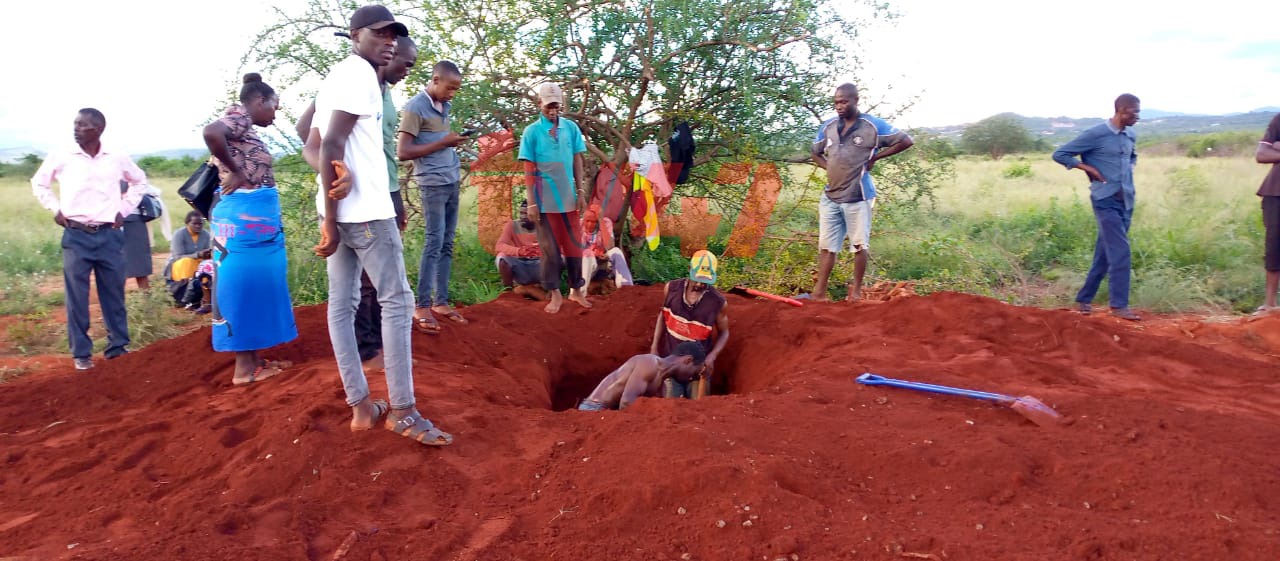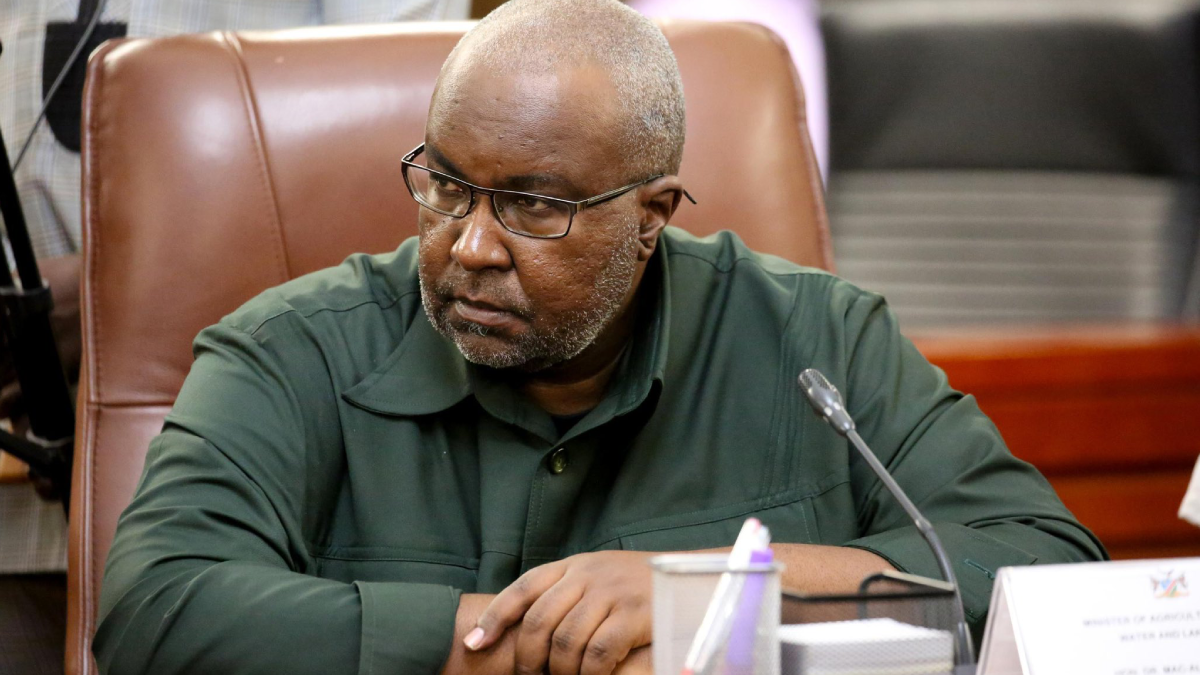Kenya must swiftly transition from aid dependency to a self-sufficient economy driven by trade and investment, Prime Cabinet Secretary Musalia Mudavadi has emphasized.
Speaking in Geneva, Mudavadi stressed the urgency of adopting radical and strategic policy shifts to generate sufficient resources for the country’s critical programs.

No more foreign aid
“The global geopolitical landscape is changing, and it is a wake-up call for Kenya and Africa.
We must prioritize self-reliance and sustainable economic growth,” he asserted.
He warned that the era of relying on donor funding is coming to an end, urging African nations to explore innovative ways to sustain their economies.
“We cannot afford to hesitate while other countries forge ahead. It is time for Africa to take charge of its destiny,” he added.
Mudavadi, who concluded a series of bilateral and multilateral engagements in Geneva, underscored Kenya’s strategic advantage as a regional economic hub.
Learn self-depence
He called for swift decision-making across all levels of government and stronger collaboration with the private sector.

Especially in key industries such as agriculture, manufacturing, finance, and technology.
Parliament, county governments, and the executive, he said, must align their policies to create an environment that attracts investment.
“The world is competing for fewer investment opportunities. Kenya cannot afford to lag behind,” he cautioned.
Reflecting on his discussions with Peter Sands, Executive Director of the Global Fund to Fight AIDS, Tuberculosis, and Malaria.
Mudavadi expressed concern over dwindling global health funding.
He revealed that major donors, including Washington, have scaled back contributions, threatening the sustainability of programs heavily reliant on aid.
“The Global Fund previously raised $18 billion, but shifting global priorities have affected funding commitments.
If these resources dry up, Kenya and Africa must find alternative ways to finance critical health programs,” he warned.
Mudavadi highlighted the urgency of securing Kenya’s health sector, particularly with programs like Universal Health Care (UHC).
He urged Kenyans to support government policies, emphasizing that UHC is a lifesaving initiative, not a political tool.
“The time for skepticism is over. We must strengthen our healthcare systems as donor support dwindles,” he said.
He also called for financial restructuring within the UHC implementation framework, noting that key organizations like USAID have wound down operations.
“With nearly 1.3 million Kenyans depending on partner-funded health support, the country must now take full responsibility for its citizens’ well-being,” he concluded.












